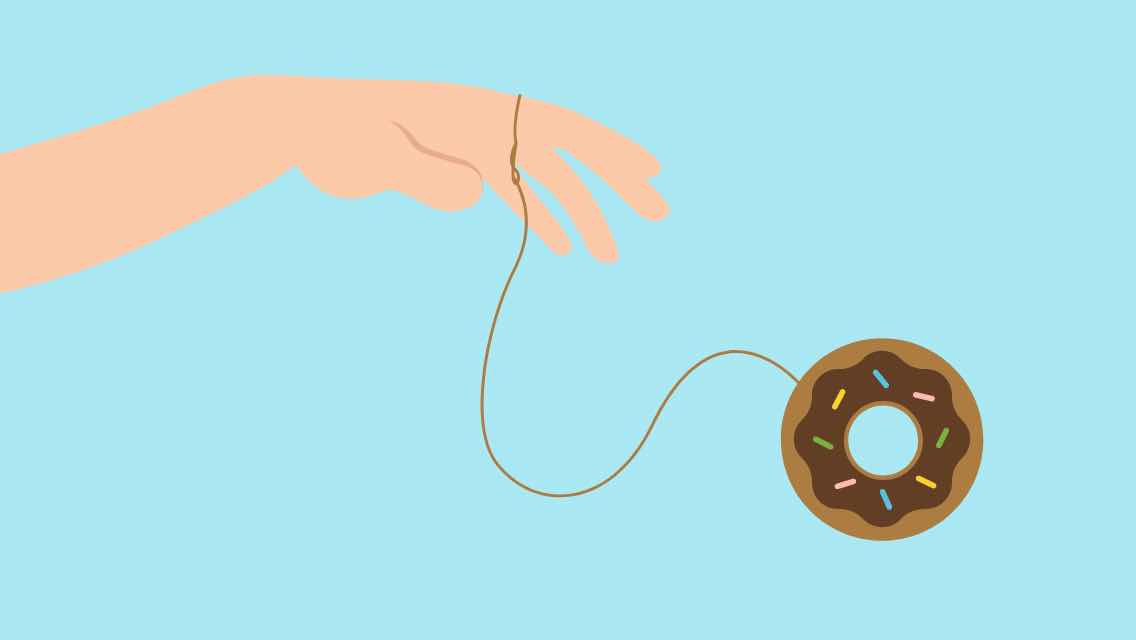On a certain level, I can understand why people flock to low-calorie diets. We all want to look good, even if we’ll never approach the physical appeal of the celebrities who dominate our mass culture — or even the regular folks featured in “before and after” weight-loss ads. Still, I’m pretty sure I wouldn’t sacrifice a few years of life just to temporarily occupy some version of an ideal body.
There are, however, plenty of people who are willing to do just that, according to the results of a Good Housekeeping reader survey released last week. Polling 4,250 female readers of that venerable magazine, as well as from sister publications Cosmopolitan, Prevention, and Woman’s Day, researchers found that 17 percent of respondents would be willing to shave one to five years from their lifespan for the chance to see the body of their dreams when they gaze into a mirror.
A whopping 87 percent of those polled reported having dieted at some point in their lives, and a mere 6 percent said they were happy with their weight and shape. Unsurprisingly, almost seven in 10 (69 percent) said they believe that overweight people are “generally unhealthy.”
Despite mounting evidence showing the harmful effects of dieting, the body-positive movement, it seems, is not exactly trending.
The age ranges of these survey respondents are not clear from the Good Housekeeping story; it offers no link to demographic details. Writer Jessica Teich notes only that polling included a “wide swath of American women.” I’d like to think these body-image obsessions dissipate to manageable levels once women gain senior status, but earlier research has revealed just how durable such obsessions can be.
A 2017 study of 1,849 women age 50 and older found that rather than tempering concerns about appearance, aging simply complicated them. “The clash between societal consensus of beauty and value and the internal shifts women experience as they age relative to their own conceptualizations of beauty and value was a common frustration,” explains lead study author Sara Hofmeier, MS, LPCS. “Women in our study described an awareness of these internal shifts, acknowledging that they were less interested in adhering to the societal expectations yet still felt challenged to adhere to them regardless of age.”
So, I was heartened by the results of new research, published last week in the Journal of the American Geriatrics Society, suggesting that older women who resisted the temptation to diet — and focused instead on improving mobility and strength — actually lived longer than those who concentrated solely on losing weight.
Researchers analyzed health and behavioral data on 5,039 women with an average age of 78 who participated in the Long Life Family Study. Adjusting for various chronic conditions, they concluded that those who had shed 5 percent or more of their weight over a 14-year period prior to the study were 66 percent more likely than their counterparts who had gained that percentage of weight to die during a five-year follow-up.
Weight loss tended to weaken grip strength, reduce mobility, and diminish other functional skills, lead study author Lisa Underland, DO, explains. This can lead to cardiovascular issues that, bucking conventional wisdom, did not occur in those who gained weight while maintaining adequate functional fitness.
This was an observational study, and the findings do not prove causality, Underland admits. “We cannot exclude the possibility that the weight loss occurred concomitantly with declines in grip strength and physical functioning, and both are an indication of impending cardiovascular and mortality events,” she writes. But the results do “support efforts to improve mobility and muscle strength in older women and suggest that focusing on weight loss in older women needs to be reconsidered.”
Here’s hoping younger folks also reconsider cutting calories to change their shape. Life, even without a swimsuit bod, is still worth living.





This Post Has 0 Comments